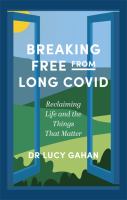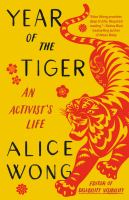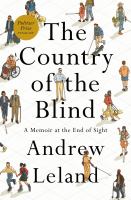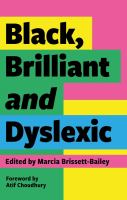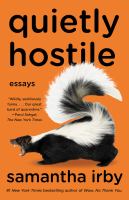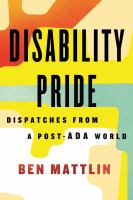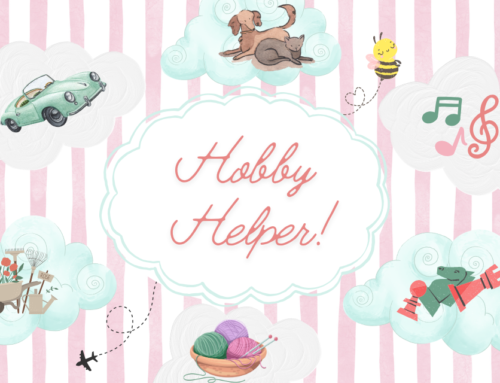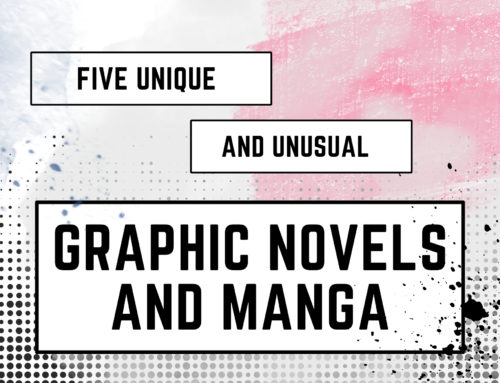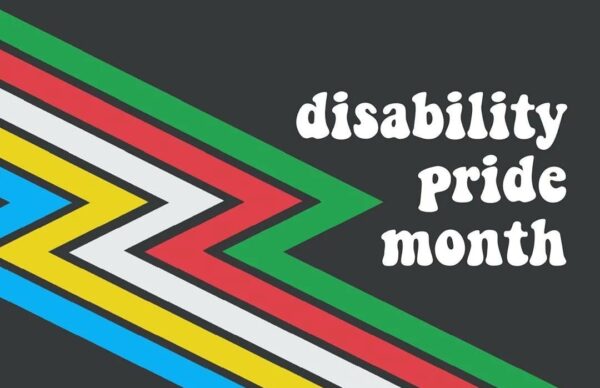
Disability Pride Month: Celebrating Identity, Advocacy, and Inclusion
July is Disability Pride Month, a time to recognize the contributions, struggles, and triumphs of individuals with disabilities. This month-long celebration honors the anniversary of the Americans with Disabilities Act (ADA), signed into law on July 26, 1990.
History of Disability Pride Month
The disability rights movement first gained momentum in the 1960s and 1970s, with activists pushing for equal access to education, employment, and public spaces. The ADA, a landmark legislation, prohibited discrimination against individuals with disabilities and mandated reasonable accommodations in various sectors. Disability Pride Month was officially recognized in 2015, with the goal of promoting disability pride, self-advocacy, and inclusivity.
Why Disability Pride Matters
Disability Pride Month is essential for several reasons:
Ways to Celebrate Disability Pride Month
Here are some ways to participate in Disability Pride Month:
Disability Pride Month is a powerful reminder of the importance of inclusivity, accessibility, and advocacy. By celebrating disability pride, we can work towards creating a more equitable society where individuals with disabilities are valued, respected, and empowered to reach their full potential.
Book Recommendations:
Breaking Free from Long COVID by Lucy Gahan
Making visible the real effects of Long Covid on people and their lives, this guide explores the issues of living with the condition, helping people to make sense of their experiences on the road to recovery.
Rooted in the author’s personal story of having Long Covid since April 2020, the book offers ideas from Narrative Therapy as a lens through which to address the emotional impact of Long Covid and shares practical strategies for managing symptoms and regaining quality of life.
Acknowledging that recovery is unpredictable, the book sheds light on the often invisible challenges faced by people living with chronic conditions, such as managing pacing and rest in a world that values productivity, the impact of illness on relationships, coping in the context of a pandemic, and negotiating day to day life when you are living between illness and wellness.
Year of the Tiger: An Activist’s Life by Alice Wong
In Chinese culture, the tiger is deeply revered for its beauty and ferocity and symbolizes power, bravery, and protection. That same fighting spirit resides in Alice Wong.
Drawing on a collection of original essays, previously published work, conversations, graphics, photos, commissioned art by disabled and Asian American artists, and more, Alice uses her unique voice and talent to share a raw and multifaceted impressionistic collage of her life as an Asian American disability rights activist, community builder, and media maker. From her love of good food and pop culture to her unwavering commitment to speaking out against the often complex and overlooked ways inequities and injustices play out in an ableist society, Alice tells her story and creates a space to hear from other disability activists through enriching conversations. From a world-class activist and storyteller, Alice’s Year of the Tiger offers humor and wisdom, and encourages us to do better.
The Country of the Blind by Andrew Leland
We meet Andrew Leland as he’s suspended in the liminal state of the soon-to-be he’s midway through his life with retinitis pigmentosa, a condition that ushers those who live with it from sightedness to blindness over years, even decades. He grew up with full vision, but starting in his teenage years, his sight began to degrade from the outside in, such that he now sees the world as if through a narrow tube. Soon—but without knowing exactly when—he will likely have no vision left.
Full of apprehension but also dogged curiosity, Leland embarks on a sweeping exploration of the state of being that awaits not only the physical experience of blindness but also its language, politics, and customs. He negotiates his changing relationships with his wife and son, and with his own sense of self, as he moves from his mainstream, “typical” life to one with a disability. Part memoir, part historical and cultural investigation, The Country of the Blind represents Leland’s determination not to merely survive this transition but to grow from it—to seek out and revel in that which makes blindness enlightening.
Thought-provoking and brimming with warmth and humor, The Country of the Blind is a deeply personal and intellectually exhilarating tour of a way of being that most of us have never paused to consider—and from which we have much to learn.
Black, Brilliant and Dyslexic by Marcia Brissett-Bailey
This is a raw, honest and enlightening collection of experiences, across the black and dyslexic community, giving an intersectional perspective on topics including the education system, the workplace, daily life and entrepreneurship. These stories highlight the challenges, progress, successes and contributions of the black and dyslexic community, helping others to find their voice, feel empowered and be proud of their differences.
It charts journeys from early childhood through to adulthood and, despite the lack of representation within the public arena, how black dyslexic people of all ages are changing the world.
Raising awareness, breaking silences and tackling the stigma around dyslexia and the difficulties stemming from a lack of support. Contributors share how they tackled their unique adversities and provide practical tips for others to live proudly at the intersection of blackness and dyslexia.
Quietly Hostile by Samantha Irby
The success of Irby’s career has taken her to new heights. She fields calls with job offers from Hollywood and walks the red carpet with the iconic ladies of Sex and the City. Finally, she has made it. But, behind all that newfound glam, Irby is just trying to keep her life together as she always had.
Her teeth are poisoning her from inside her mouth, and her diarrhea is back. She gets turned away from a restaurant for wearing ugly clothes, she goes to therapy and tries out Lexapro, gets healed with Reiki, explores the power of crystals, and becomes addicted to QVC. Making light of herself as she takes us on an outrageously funny tour of all the details that make up a true portrait of her life, Irby is once again the relatable, uproarious tonic we all need.
Sitting Pretty: The View From My Ordinary Resilient Disabled Body by Rebekah Taussig
Writing about the rhythms and textures of what it means to live in a body that doesn’t fit, Rebekah reflects on everything from the complications of kindness and charity, living both independently and dependently, experiencing intimacy, and how the pervasiveness of ableism in our everyday media directly translates to everyday life.
Disability affects all of us, directly or indirectly, at one point or another. By exploring this truth in poignant and lyrical essays, Taussig illustrates the need for more stories and more voices to understand the diversity of humanity. Sitting Pretty challenges us as a society to be patient and vigilant, practical and imaginative, kind and relentless, as we set to work to write an entirely different story.
Disability Pride: Dispatches From a Post-ADA World by Ben Mattlin
Weaving together interviews with reportage, Disability Pride traces the evolution of societal attitudes and activist agendas around disability from a fight for civil rights to a celebration of identity and heritage.
Mattlin explores how this new wave of disability visibility and pride is furthering the cause of disability justice. Today, activists are fighting for long-term personal-assistance services and for mental-health support systems and it’s coming from a broad spectrum of disability perspectives. Although this new generation of activism may be different from the protest actions of previous generations, Disability Pride demonstrates how to fearlessly push the movement forward.

